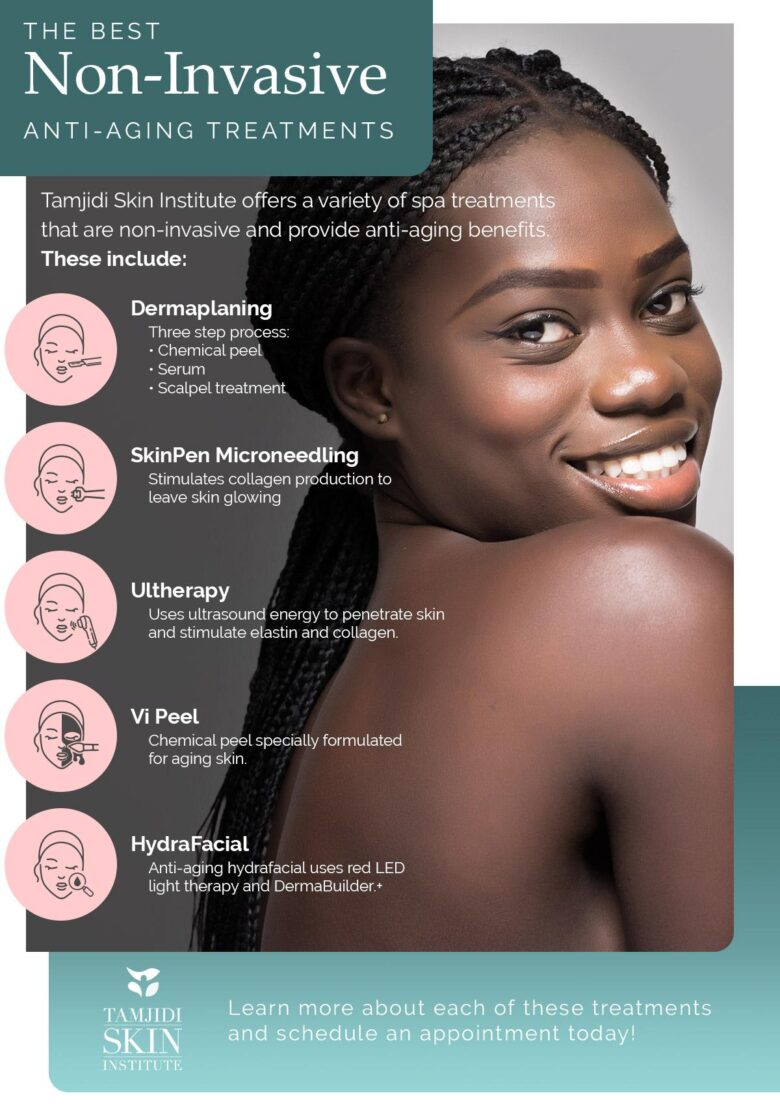In a world where the pursuit of youthfulness often seems like a race against time, the allure of anti-aging therapies continues to captivate minds and reshape wellness routines. Among the myriad of popular solutions, testosterone therapy has emerged as a prominent contender, promising not only to restore vitality but also to enhance quality of life as we age. With whispers of its potential benefits echoing through the corridors of medical research and wellness communities alike, many are left wondering: can this hormone really turn back the clock? In this article, we will delve into the science behind testosterone therapy, exploring its potential impact on aging, the controversies it garners, and what individuals should consider before embarking on this journey of rejuvenation. Join us as we navigate the complexities of testosterone therapy, separating fact from fiction in the quest for lasting vitality.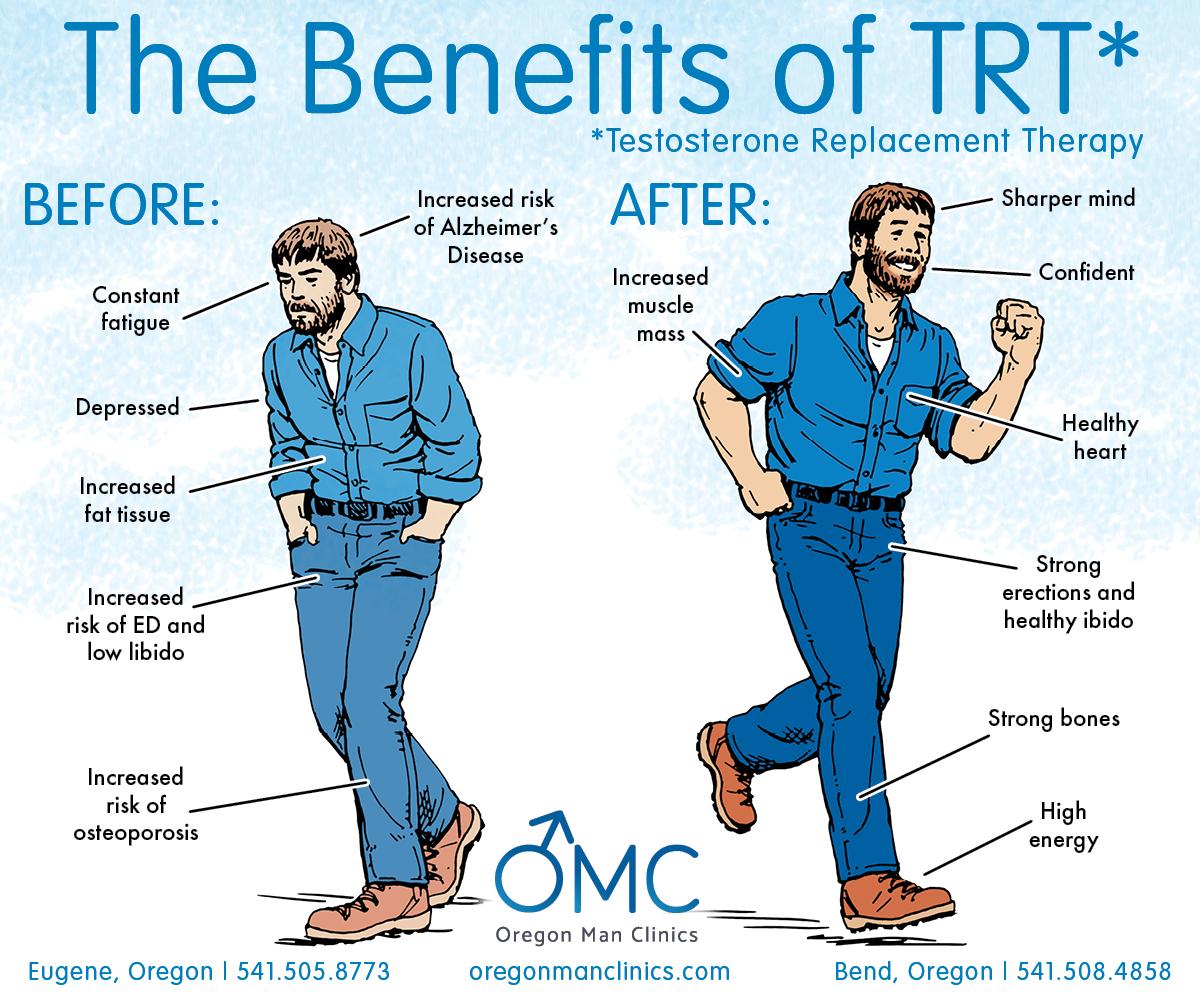
Understanding Testosterone and Its Role in Aging
Testosterone, a hormone primarily known for its role in male development, is equally significant in women, albeit in smaller quantities. As individuals age, the natural decline in testosterone levels can lead to various changes in the body, including decreased muscle mass, increased body fat, diminished energy levels, and even changes in mood. Understanding this essential hormone is crucial for recognizing how its decline can affect overall wellness. The correlation between testosterone levels and age-related symptoms has sparked interest in hormone replacement therapies that aim to restore youthful vitality.
Research suggests that testosterone therapy may benefit those facing age-related hormonal shifts. It can foster a variety of improvements in physical and mental health, such as:
- Enhanced Muscle Strength – Higher testosterone levels are linked to increased muscle mass and strength.
- Improved Mood – Some studies indicate a positive influence on mood and mental clarity.
- Increased Energy – Restored testosterone levels often lead to higher energy and reduced fatigue.
- Better Bone Density – Maintaining testosterone levels can help protect against osteoporosis.
However, it is important to approach testosterone therapy with caution. Regular monitoring and consultations with healthcare professionals are essential to navigate potential risks and side effects, ensuring that the benefits outweigh any downsides. The following table summarizes the potential benefits alongside common side effects linked to testosterone therapy:
| Benefits | Potential Side Effects |
|---|---|
| Increased libido | Acne |
| Enhanced cognitive function | Sleep apnea |
| Faster recovery from workouts | Fluid retention |
| Improved cardiovascular health | Prostate enlargement |
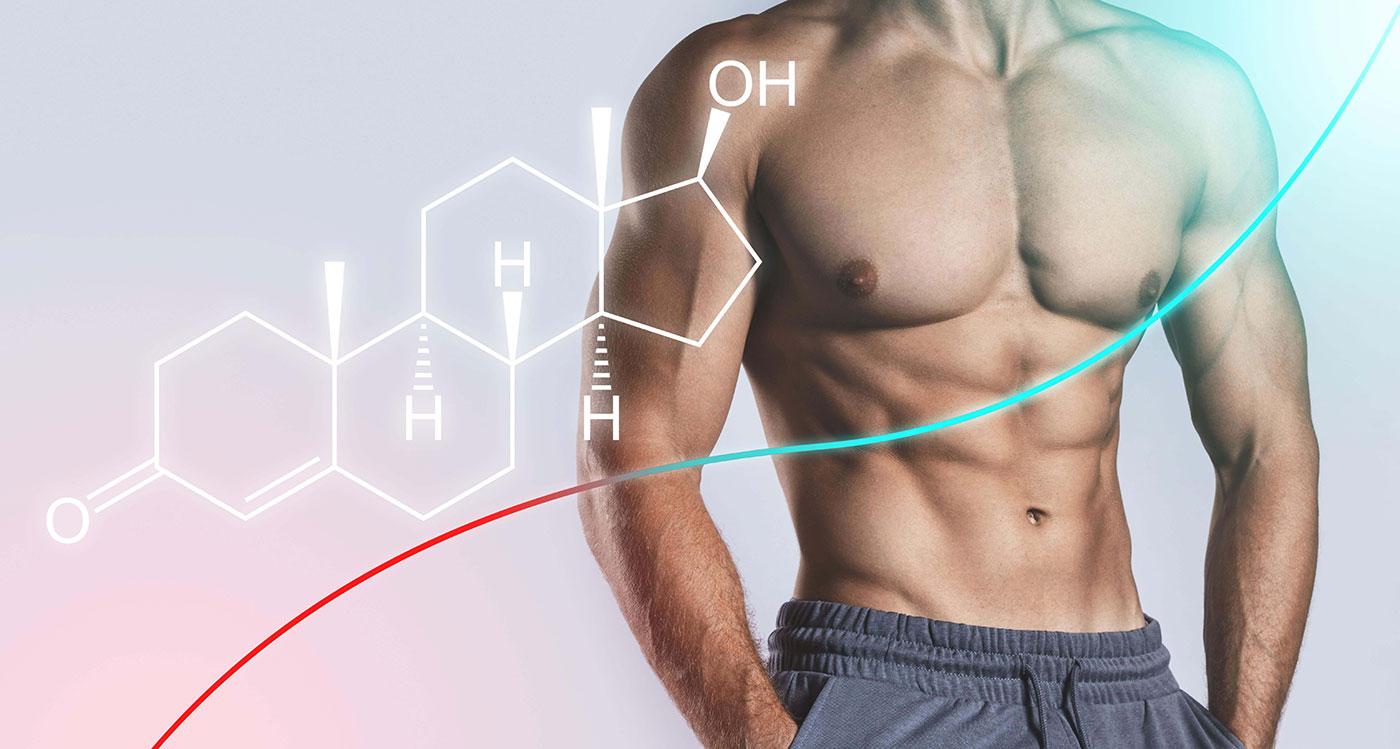
The Science Behind Testosterone Therapy
Understanding the intricate relationship between testosterone and the aging process reveals why testosterone therapy is being explored as a potential anti-aging solution. As men age, testosterone levels naturally decline, often leading to various health issues such as fatigue, decreased muscle mass, and diminished libido. This hormonal shift can influence not only physical health but also psychological well-being, resulting in mood swings and diminished quality of life. Research indicates that restoring testosterone levels through therapy may enhance vitality and improve several age-related conditions by:
- Boosting Energy Levels: Many users report increased stamina and reduced fatigue.
- Enhancing Muscle Mass: Testosterone plays a vital role in muscle protein synthesis.
- Improving Mood: Balanced testosterone can lead to better emotional health.
However, the decision to pursue such treatment requires careful consideration and a thorough understanding of the potential risks and benefits. Studies indicate that while testosterone therapy may revitalize certain aspects of life, it also comes with possible side effects. This highlights the importance of personalized medical guidance. Here’s a concise comparison of potential benefits and considerations:
| Benefits | Considerations |
|---|---|
| Increased energy and vitality | Risk of mood changes |
| Enhanced muscle strength | Potential cardiovascular concerns |
| Improved libido | Possible infertility issues |
| Better cognitive function | Need for ongoing monitoring |
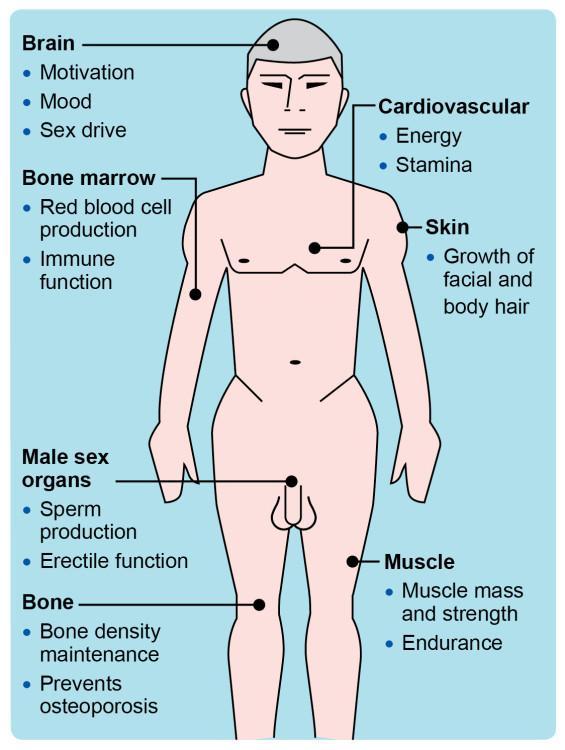
Potential Benefits of Testosterone Therapy for Aging Individuals
As individuals age, the natural decline in testosterone levels can contribute to a variety of physical and emotional changes. Engaging in testosterone therapy has emerged as a compelling option for many seeking to mitigate these effects. Some of the potential benefits include:
- Improved Muscle Mass: Testosterone plays a crucial role in muscle development and maintenance. Therapy may enhance strength and physical performance.
- Enhanced Mood and Well-Being: Many users report improved mood, decreased feelings of depression, and a heightened sense of well-being.
- Boosted Libido: A common complaint among aging individuals is reduced sexual desire; testosterone therapy may help restore libido and intimacy.
- Better Cognitive Function: Some studies suggest that testosterone can positively influence memory and cognitive abilities in men and women alike.
While exploring testosterone therapy, it’s essential to consider potential side effects and individual health conditions. A personalized approach, guided by healthcare professionals, is crucial for assessing risks and rewards. The following table summarizes specific benefits alongside applicable age-related issues:
| Benefit | Age-Related Issue |
|---|---|
| Increased Energy Levels | Fatigue |
| Improved Bone Density | Osteoporosis |
| Enhanced Metabolism | Weight Gain |
| Stronger Immune Function | Increased Illness Susceptibility |
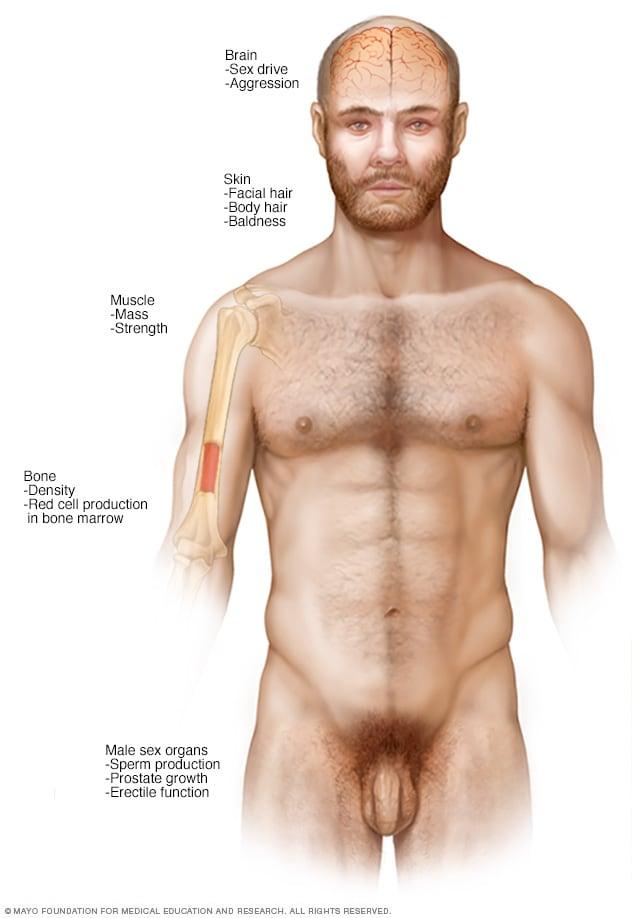
Risks and Considerations of Hormonal Treatments
While testosterone therapy is often touted for its potential anti-aging benefits, it is essential to weigh the possible risks that accompany its use. Men considering this treatment should be aware of a range of potential side effects that can emerge, including:
- Increased cardiovascular risks: Some studies suggest that testosterone therapy may elevate the risk of heart attack and stroke.
- Hormonal imbalances: Fluctuations in hormone levels can lead to unintended negative effects, including mood swings and irritability.
- Sleep apnea: There is a reported association between testosterone therapy and worsening of sleep apnea, a condition that can affect overall health.
- Prostate health concerns: Elevated testosterone levels may contribute to prostate enlargement and increase the risk of prostate cancer.
Additionally, it is critical to consider the context in which testosterone therapy is utilized. Patient health, age, and underlying conditions can all influence the appropriateness of this treatment. Before embarking on therapy, individuals should engage in comprehensive discussions with their healthcare providers about:
- Medical history: A thorough review of past health issues can help mitigate potential risks.
- Monitoring protocols: Regular check-ups and blood tests are crucial to managing therapy safely.
- Alternative options: Exploring lifestyle changes, like improved diet and exercise, might offer benefits without the associated risks of hormone therapy.
Personalized Approaches to Testosterone Therapy
In the realm of hormone optimization, tailored testosterone therapy emerges as a vital solution. Unlike a one-size-fits-all approach, individualized treatment plans consider various factors such as age, lifestyle, and health conditions. By taking a deep dive into a patient’s medical history and current health status, practitioners can formulate a regimen that optimally balances testosterone levels while minimizing potential side effects. This personalized strategy not only enhances the therapeutic outcomes but also fosters a holistic well-being that transcends mere numbers on a lab report.
Furthermore, the selection between different delivery methods plays a crucial role in achieving desired results. Options include, but are not limited to:
- Injections – Quick and effective, providing a steady increase in testosterone.
- Transdermal patches - Offering a convenient, slow-release mechanism for stable hormone levels.
- Pellets – Implanted under the skin, delivering a consistent dose over time.
- Gels – Easily applied daily, ensuring flexibility and control over dosage.
By allowing patients to choose their preferred method, providers can enhance adherence to treatment, leading to more significant improvements in vitality and overall health.
| Delivery Method | Pros | Cons |
|---|---|---|
| Injections | Fast-acting | Requires regular visits |
| Transdermal patches | Easy to apply | Skin irritation |
| Pellets | Long-lasting | Surgical placement required |
| Gels | Flexible dosages | Risk of transfer |
Integrating Lifestyle Changes with Hormonal Treatments
When considering testosterone therapy as part of an anti-aging regimen, it is essential to recognize that the most significant benefits often arise from the synergy between hormonal treatments and lifestyle alterations. Nurturing a balanced diet can enhance the efficacy of therapy, allowing the body to utilize testosterone more effectively. Visualize a plate filled with:
- Healthy fats, such as avocados and nuts for hormone production
- Lean proteins, like chicken and fish, to support muscle growth
- Whole grains, providing necessary energy for an active lifestyle
- Fruits and vegetables, rich in antioxidants to combat oxidative stress
In addition to dietary considerations, incorporating regular physical activity significantly impacts overall wellness and hormonal health. Exercise acts as a natural testosterone booster, promoting muscle mass and metabolic function. Structured routines can include:
- Strength training to stimulate muscle growth and support hormonal levels
- Cardiovascular exercises for enhanced heart health and endurance
- Flexibility workouts, such as yoga, to improve overall wellbeing and reduce stress
To illustrate the potential improvements in quality of life through combining both strategies, consider the following table:
| Aspect | With Integrated Approach | Without Lifestyle Changes |
|---|---|---|
| Energy Levels | Higher | Moderate |
| Mood Stability | Improved | Variable |
| Muscle Mass | Greater Gains | Minimal |
Integrating these lifestyle adjustments with testosterone therapy may not only optimize hormonal benefits but also enhance emotional and physical wellbeing, creating a holistic approach to anti-aging.
Consultation and Monitoring: Ensuring Safe Practices
Effective management of testosterone therapy is crucial for reaping its potential benefits while minimizing risks. Regular consultations with healthcare professionals provide patients with the opportunity to discuss their health status, evaluate their therapy’s effectiveness, and make necessary adjustments. These consultations often focus on aspects such as:
- Hormonal levels: Monitoring blood testosterone levels to ensure they are within the desired range.
- Side effects: Discussing any side effects experienced, which can include mood swings, acne, or increased risk of sleep apnea.
- Overall health: Assessing cardiovascular health and prostate-specific antigen (PSA) levels as part of routine screening.
Monitoring doesn’t stop at consultations. Ongoing assessments, including blood tests and physical examinations, are essential for maintaining safety throughout the treatment process. Creating an individualized monitoring schedule can help ensure that any potential issues are identified early. Below is a simple table outlining common monitoring parameters associated with testosterone therapy:
| Parameter | Frequency of Monitoring | Purpose |
|---|---|---|
| Testosterone Levels | Every 3-6 months | Ensure levels remain within target range |
| PSA Levels | Annually | Detect possible prostate issues early |
| Lipid Profile | Every 6-12 months | Monitor cardiovascular health |
| Complete Blood Count (CBC) | Annually | Check for changes in blood components |
Q&A
Q&A on Testosterone Therapy for Anti-Aging
Q1: What is testosterone therapy, and how is it related to aging?
A1: Testosterone therapy involves administering testosterone, a key male hormone, to address low levels that can occur with age. As men and women age, their natural testosterone levels may decline, leading to symptoms such as fatigue, decreased libido, and even mood fluctuations. The therapy aims to replenish these levels, potentially mitigating some signs of aging.
Q2: Who might benefit from testosterone therapy?
A2: Individuals experiencing symptoms related to low testosterone—such as low energy, diminished sexual interest, and muscle loss—may benefit from therapy. However, it’s essential for anyone considering treatment to undergo a thorough medical evaluation to confirm hormonal deficiencies rather than attributing symptoms solely to aging.
Q3: Are there risks associated with testosterone therapy?
A3: Yes, while testosterone therapy can offer benefits, it also carries risks. Potential side effects include increased risk of cardiovascular issues, sleep apnea, acne, and changes in mood. Regular monitoring by a healthcare professional is crucial to manage any adverse effects and ensure safe usage.
Q4: What are some misconceptions about testosterone therapy for anti-aging?
A4: One common misconception is that testosterone therapy is a universal solution for aging. Many believe it will automatically enhance energy, mood, and muscle mass. In reality, results can vary significantly based on individual health conditions, lifestyle, and dosage. There’s also the myth that testosterone therapy is appropriate for all older adults, but not everyone will need it or benefit from it.
Q5: How does testosterone therapy work in the body?
A5: Testosterone therapy typically involves injections, patches, or gels that deliver synthetic testosterone into the bloodstream. Once in the system, testosterone helps stimulate various physiological processes, including bone density maintenance, muscle mass preservation, and libido enhancement, potentially improving overall vitality and well-being.
Q6: What are the alternatives to testosterone therapy for managing age-related symptoms?
A6: Alternatives include lifestyle modifications like regular exercise, a balanced diet, adequate sleep, and stress management techniques. Additionally, other treatments, such as hormone replacement therapy for women, may be appropriate. Consulting with a healthcare provider can help determine the best individualized plan.
Q7: Is testosterone therapy appropriate for women?
A7: Yes, women also produce testosterone, and low levels can affect their health and well-being, particularly during menopause. However, therapy must be approached cautiously, as women require much lower doses than men and exhibit different responses. Consulting a knowledgeable healthcare provider is key for women considering testosterone therapy.
Q8: What is the overall consensus in the medical community about testosterone therapy for anti-aging?
A8: The medical community acknowledges the potential benefits of testosterone therapy in certain individuals but urges caution due to its associated risks. Ongoing research continues to explore the long-term effects and efficacy of testosterone therapy in aging populations, advocating for a personalized approach guided by healthcare professionals.
—
Q9: What should someone consider before starting testosterone therapy?
A9: Before initiating therapy, individuals should consider their overall health, the presence of any underlying conditions, the specific symptoms they’re experiencing, and the potential risks versus benefits. A thorough discussion with a healthcare provider, including a review of medical history and blood tests to confirm low testosterone levels, should precede any treatment decision.
Q10: Where can individuals find reliable information about testosterone therapy?
A10: Trustworthy sources for information on testosterone therapy include reputable medical organizations, endocrinology societies, and healthcare professionals specializing in hormone health. Peer-reviewed journals and scientific studies also provide valuable insights, while ensuring that information is up-to-date and evidence-based is vital.
Insights and Conclusions
the pursuit of youthful vitality through testosterone therapy raises a myriad of intriguing possibilities and challenges. While proponents celebrate the potential benefits of elevated testosterone levels, ranging from improved energy and mood to enhanced muscle mass and cognitive function, it is essential to approach this treatment with measured consideration. As science continues to unravel the complexities of hormone replacement, individuals must engage in open dialogues with healthcare professionals, examining personal health histories and lifestyle factors before embarking on this journey. Ultimately, the quest for anti-aging solutions is as much about balance and understanding as it is about the allure of rejuvenation. making informed choices will always be the key to navigating the intricate and often uncharted waters of wellness.

